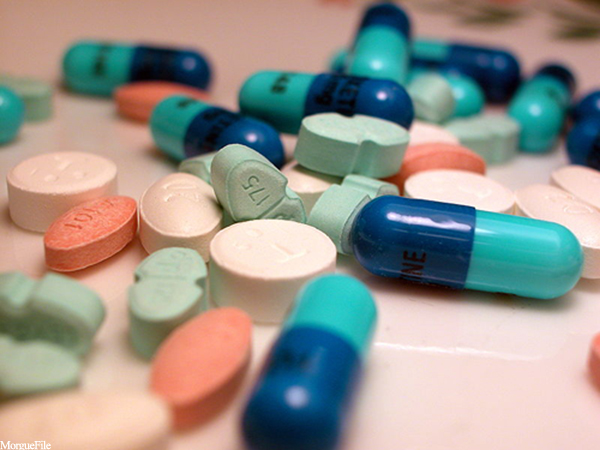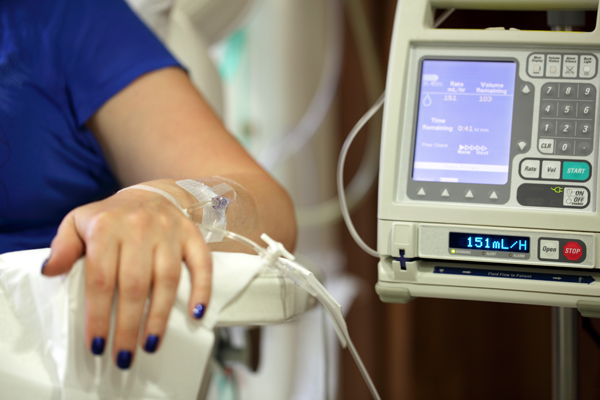Pfizer’s sterile injectables manufacturing site in Irungattukottai, India has once again been temporarily shut down after the FDA sent a Form 483 to the pharmaceutical company detailing numerous violations. Pfizer inherited the manufacturing facility as part of its 2015 acquisition of Hospira.
This isn’t the first time the Indian manufacturing plant has faced regulatory scrutiny; in 2016, Pfizer received a Form 483 from the FDA and just three years earlier, the company received a more serious warning letter. In all, 11 observations were cited in the newest Form 483, including issues with the quality unit, unreliable microbiological laboratory data and inadequate control procedures to validate manufacturing processes.
“There is a failure to thoroughly review any unexplained discrepancy and the failure of a batch or any of its components to meet any of its specifications whether or not the batch has been already distributed,” said the letter from FDA, highlight just one of the 11 infractions.
Further problems included taking an unreasonable amount of time to look into complaints it received from customers using products produced at the Indian facility. For example, the manufacturer received complaints regarding 12 batches of a drug product, however the investigation into these complaints was still ongoing five months after they were initially received.
According to FDA, issues with staff members who received inadequate training could explain many of the issues identified during the most recent inspection. The Form 483 released to the public was highly-redacted which is not uncommon.
For its part, Pfizer told FiercePharma that it was “disappointed with the outcome” of the report but has responded to the FDA’s concerns. In addition, Pfizer said it is “committed to implementing the necessary improvements and to ensuring the quality of our medicines.”
For now, production at the Irungattukottai site has ceased while the company tries to fix some of the problems identified by the regulator.
Pfizer’s $17 billion acquisition of Hospira was completed in 2015, largely motivated by Hospira’s portfolio of injectable products. The deal also provided Pfizer with access to new manufacturing facilities, including the one in Irungattukottai, India which Hospira had previously had problems with.
That same year, a Pfizer-owned manufacturing facility in Dalian, China received a Form 483 when an inspection uncovered the fact that employees were keeping two sets of manufacturing records that attempted to trick regulators into thinking that good manufacturing practices were being followed. The inspection also identified several health violations, including an open pit that was believed to be used as a urinal and missing handwashing stations.












Join or login to leave a comment
JOIN LOGIN